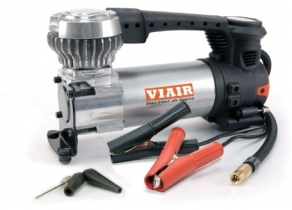-
Welcome to Tacoma World!
You are currently viewing as a guest! To get full-access, you need to register for a FREE account.
As a registered member, you’ll be able to:- Participate in all Tacoma discussion topics
- Communicate privately with other Tacoma owners from around the world
- Post your own photos in our Members Gallery
- Access all special features of the site
Cold Air Intakes?
Discussion in '4 Cylinder' started by 4bangerowner, Jan 15, 2014.
Page 4 of 5
Page 4 of 5


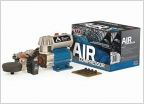 ARB rear locker
ARB rear locker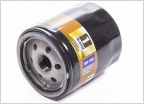 What brand oil and oil filter do you use?
What brand oil and oil filter do you use?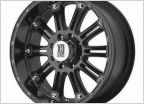 RIMS HELP ME OUT
RIMS HELP ME OUT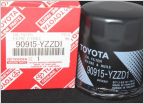 Fake oil filters
Fake oil filters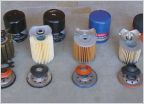 I4, first oil change
I4, first oil change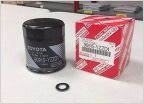 90915-YZZD1 Vs 90915-YZZD3?
90915-YZZD1 Vs 90915-YZZD3?

